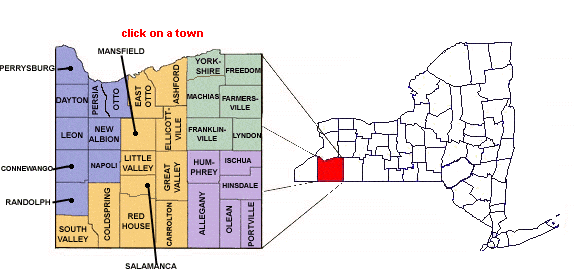 Spectrum customers in western New York are reporting overdraft charges and missing funds from their checking accounts that trace back to double-charging by Charter Communications for cable service.
Spectrum customers in western New York are reporting overdraft charges and missing funds from their checking accounts that trace back to double-charging by Charter Communications for cable service.
WIVB-TV Buffalo reports Olean resident Michelle La Voie was stunned when an unauthorized debit showed up in her credit union checking account, which appeared to be a double-bill from Spectrum.
The second charge, a duplicate of the $161 payment she made manually, appeared as a “pending charge” on her electronic statement — a charge she did not authorize and a hold on her checking account funds her credit union could not release unless Charter canceled the transaction.
When La Voie called Spectrum’s billing department, she was told it was a computer glitch.
“They informed me that it was a known issue, that payments that had been made on the 19th and the 20th [of August] there was a computer glitch, and there were people being double-charged,” La Voie told WIVB News.
The “glitch” is in fact an “authorization hold” — one that we are experiencing with our August Spectrum bill payment here at Stop the Cap!
If a customer pays using a debit or credit card, a vendor like Spectrum can place a temporary “hold” on funds. Often, this hold is the full amount of the transaction, which will temporarily make those funds unavailable for withdrawal until either the company and your bank or credit card “settles” the transaction and transfers the funds, or the hold expires, usually after 5-8 days.
In this case, Spectrum or its credit card processor failed to clear the hold after the transaction was settled, meaning affected customers have twice the amount of their cable bill unavailable in their account until the pending charge expires in about a week.
Customers can check to see if this glitch is affecting their account by logging on and looking for something like this:
Pending Charges
Aug 19 2018 TWC * TIME WARNER CABLE $151.40
Activity Since Last Statement
Aug 28 2018 TWC * TIME WARNER CABLE $151.40
The presence of both the “pending charge” and the “settled” charge found under current account activity is unusual, because the pending charge should have been canceled at the same time funds were transferred to pay Charter Communications (d/b/a Time Warner Cable). Instead, $151.40 was withdrawn and sent to Charter while an additional $151.40 is remains unavailable for withdrawal because of the authorization hold not being removed. By September 1st, that pending charge will likely expire. But until then, Spectrum has effectively kept $151.40 of your money hostage.
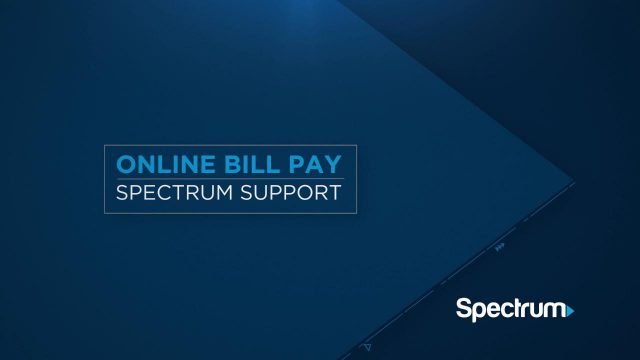 This can become a problem for customers who keep a low balance in their checking account and expect those funds to be immediately available to pay bills or make a cash withdrawal. Because of the extended hold, customers could unintentionally overdraw their checking account, leading to overdraft fees or an automatic draw from a line of credit, if one is attached to your checking account. La Voie had enough money in her account to avoid an overdraft, but she was concerned about those who don’t.
This can become a problem for customers who keep a low balance in their checking account and expect those funds to be immediately available to pay bills or make a cash withdrawal. Because of the extended hold, customers could unintentionally overdraw their checking account, leading to overdraft fees or an automatic draw from a line of credit, if one is attached to your checking account. La Voie had enough money in her account to avoid an overdraft, but she was concerned about those who don’t.
“I asked are you planning to tell customers this so that they can make sure that they are not overdrawn, or having payments declined? They said no, we don’t have any plans to notify customers,” La Voie said.
In fact, one of her co-workers did incur overdraft fees because of this problem. Her credit union removed the overdraft fees as a courtesy, but not all banks are likely to be that understanding.
Customers can protect themselves by considering using autopay with a credit card, where authorization holds only affect your available credit line, not money in your checking account. For most credit card transactions, the temporary hold has no material impact, and few even notice the hold. But authorization holds can temporarily put a credit card into an overlimit condition if a customer keeps their card nearly “maxed out,” and exceeding your credit limit will damage your credit score and risk your good standing with the credit card issuer.
WIVB in Buffalo reports some customers in western New York are being “double-billed” for Spectrum cable service. (2:06)


 Subscribe
Subscribe

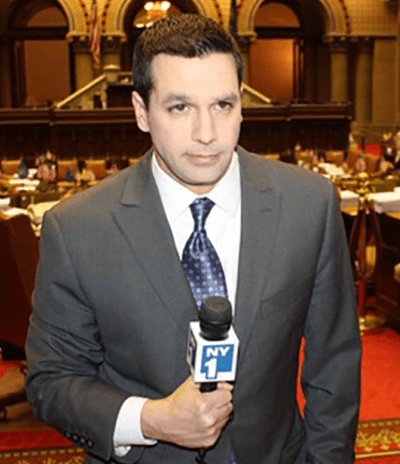
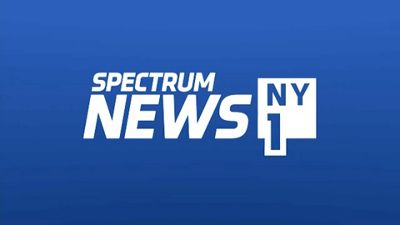 “I’ll come right out and say it. It looks to me like Andrew Cuomo is trying to send a chilling message to the news media, ’don’t mess with me’, and I hope the inspector general can prove me wrong,” Molinaro said in a statement.
“I’ll come right out and say it. It looks to me like Andrew Cuomo is trying to send a chilling message to the news media, ’don’t mess with me’, and I hope the inspector general can prove me wrong,” Molinaro said in a statement.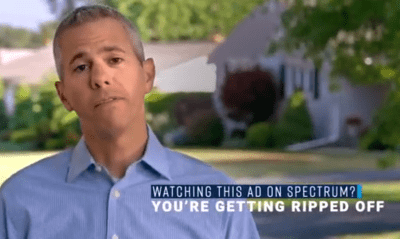

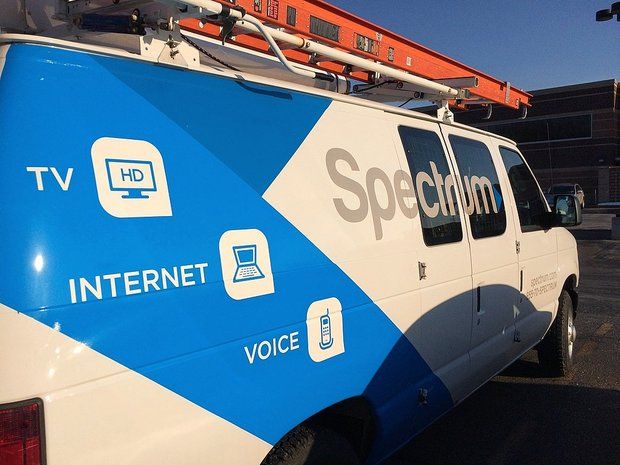 National Grid, the electric and gas company that owns the most utility poles of any company in upstate New York, banned Charter Communications workers from its poles for most of July after a third-party contractor working on behalf of Spectrum electrocuted himself and died.
National Grid, the electric and gas company that owns the most utility poles of any company in upstate New York, banned Charter Communications workers from its poles for most of July after a third-party contractor working on behalf of Spectrum electrocuted himself and died.